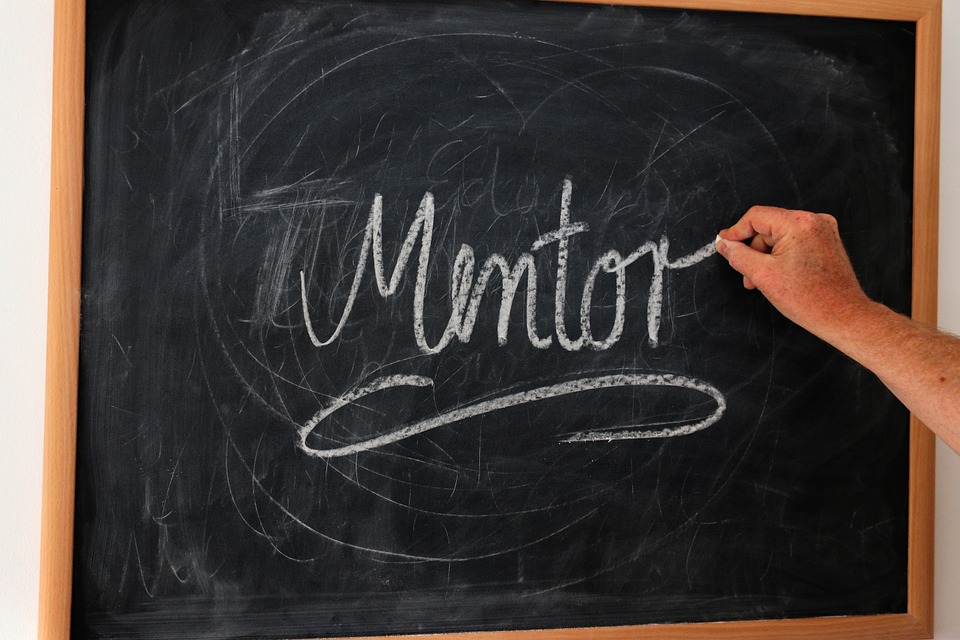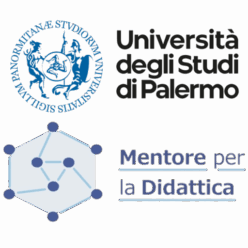
The project stipulates that each mentee is assigned two mentors, who carry out the mentoring process (classroom observation, meetings with students and the mentee) with the support of the senior mentor.
The role of mentors is outlined below:
- Attend at least two lectures per year.
- Meet with students to discuss the teaching activities carried out by teachers, and give them special cards on which to record their opinions about teaching quality.
- Analyse the results of the questionnaires and use them to identify the teacher’s strengths and areas for improvement.
- Discuss any doubts or strategies with the teacher. Propose and share improvement actions to be carried out in the following year.
At least one of the two mentors continues to work with the same teacher, tracking their progress over time.
For each course, a summary sheet is prepared and sent to the Organising Committee. This sheet highlights the strengths and weaknesses of the teaching and indicates the improvement goals that the mentee intends to achieve in the following year.
The sheets are structured in such a way as to enable mentors to suggest ideas to mentees for redefining certain objectives and possible educational redesign. They are also completed with data relating to students’ opinions, as recorded in anonymous questionnaires.
Mentor training
Throughout the year, a series of in-depth meetings on teaching quality are organised, often involving external experts, with the following aims: - To discuss any concerns and possible strategies regarding the quality of teaching and the role of the mentor.
- To discuss some aspects of teaching with experienced lecturers.
Starting from 2018, a group of project members also participate in residential workshops aimed at achieving full immersion in topics related to university teaching, innovative teaching methodologies and the use of technological tools for teaching.
